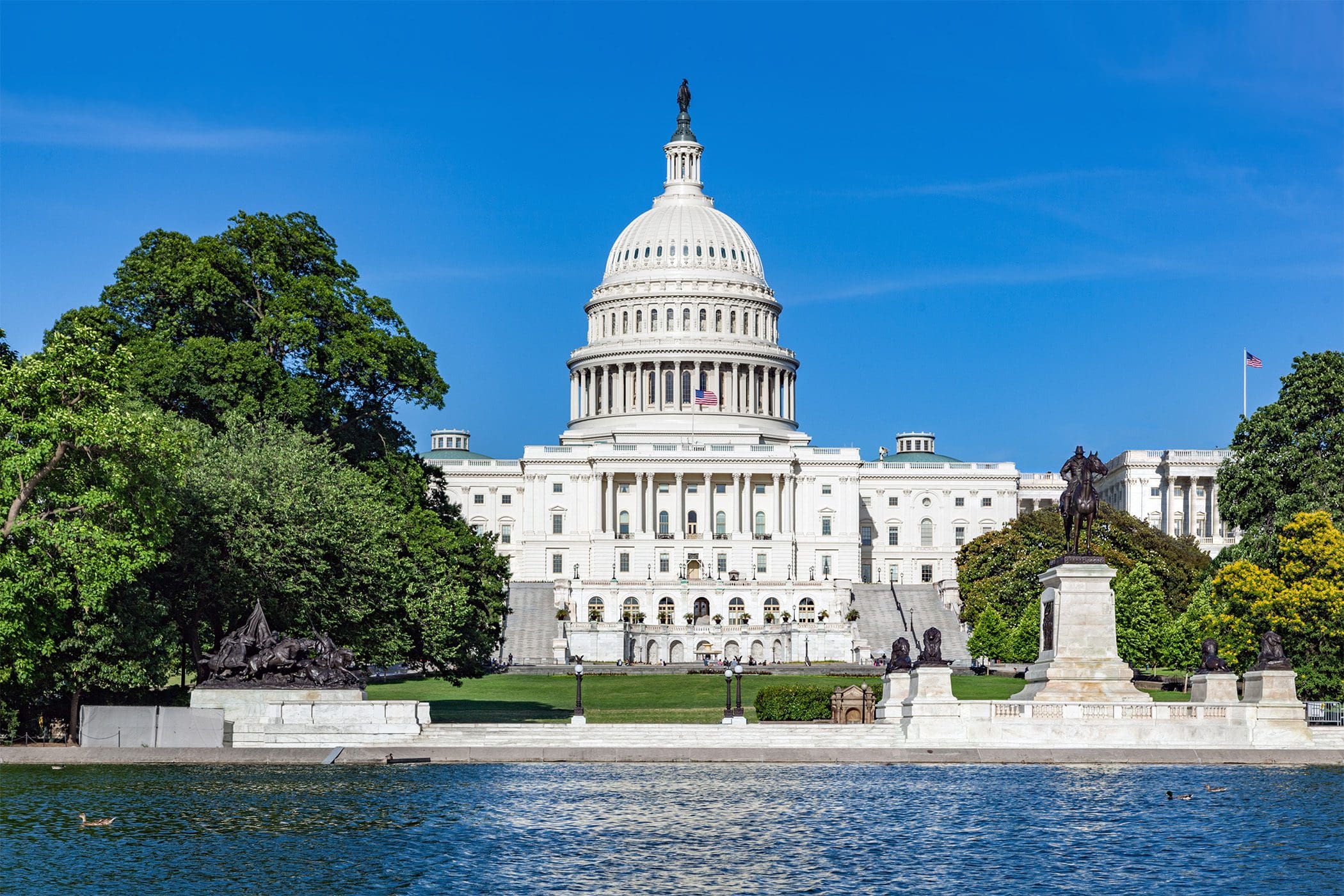By: WIL ROBERTSON
Moncton city council voted unanimously to call for the provincial and federal governments to work to implement a guaranteed livable basic income (GLBI) on the evening of September 20. Halifax council voted to do the same in June and the Union of Municipalities of British Columbia voted similarly last week.
The Moncton motion was introduced by councillors Charles Leger and Paulette Theriault. By endorsing it, council recognized the significant challenges facing the community, including a growing social crisis, higher rates of poverty, food insecurity, and a mental health crisis.
The motion acknowledged that studies on basic income show that it has significant positive impacts on these issues and more broadly across the social issues facing low-income citizens. The passing of the motion now requires that Mayor Dawn Arnold write a letter to Premier Blaine Higgs, all MLAs, and New Brunswick MPs and Senators, calling for them to work together to make a GLBI a reality.
What is a guaranteed livable basic income?
A Guaranteed Livable Basic Income is an income floor beneath everyone’s feet that eliminates the risk of falling into poverty should disaster strike. A GLBI aims to be sufficient to allow people to live a life with dignity and the ability to afford necessities.
A GLBI should be accessible to those who need it; based solely on the condition of income and residency; sufficient to live with dignity and security; respect the autonomy of individuals in avoiding stigmatization and overly burdensome oversight; complement the other elements of our social safety net and delivered reliably while changing with a person’s income level.
These are the foundational principles of a GLBI.
Growing support for basic income
As the province of New Brunswick, and Atlantic Canada, face significant social crises and challenges, support for basic income has started to grow at the grassroots level. Polling conducted by Narrative Research in February shows 73 percent of New Brunswickers support the idea of a GLBI, while 53 percent support a universal basic income (UBI). Across Atlantic Canada, 69 percent of people support a GLBI and 44 percent support a UBI.
In Prince Edward Island, the legislature has unanimously supported the implementation of a basic income program and has asked the federal government to help in this effort. Work is ongoing at this moment to make basic income a reality in PEI.
The City of St. John’s will soon debate a similar motion to that passed in Moncton. In recent days, Fredericton’s deputy mayor, Greg Ericson, has alluded to a motion regarding GLBI being introduced at city council soon.
What’s next?
The federal and provincial governments have long downloaded the costs, responsibilities, and consequences of poverty to municipalities. In calling for the implementation of a guaranteed livable basic income, communities can proactively advocate for an effective economic tool to tackle poverty in our cities, province, and, indeed, in our country.
As these motions are passed across communities in our region, it is increasingly up to provincial and federal governments to act. To ignore our cities’ calls for such an impactful program, that could benefit the lives of thousands of people by lifting them out of abject poverty, is both a democratic and social injustice.
I hope MLAs, Premier Higgs, and the federal government take these calls and the issues they address seriously and begin working towards implementing a guaranteed livable basic income. Our fellow citizens are struggling now. We need basic income now.
__________________________
Wil Robertson is a basic income advocate for Basic Income New Brunswick, researcher, and steering committee member for Coalition Canada Basic Income: Revenu de Base.





















